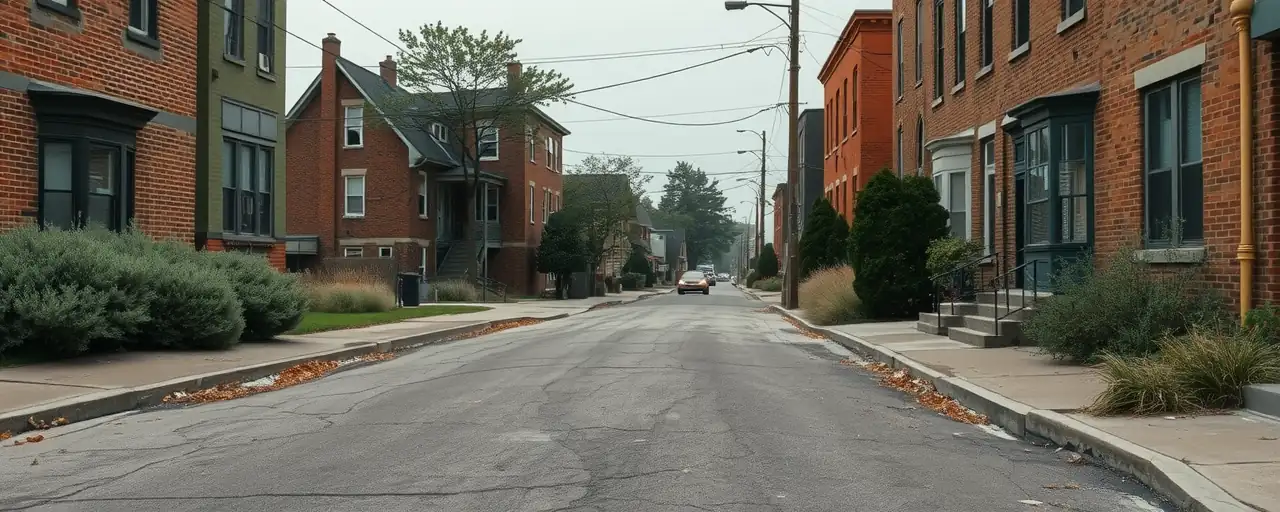The Allure of Local Control
In May 2025, Texas Governor Greg Abbott signed House Bill 21, a law that promises cities greater authority over their tax policies. By tightening oversight of housing finance corporations, setting affordability standards, and linking tax exemptions to public benefits, the legislation seems like a win for municipal power. Communities, in theory, gain the tools to shape their fiscal destinies.
But as someone who values fairness across all corners of Texas, I find this victory bittersweet. Local control carries a seductive appeal, yet it often widens gaps between rich and poor. HB 21 offers cities a leash, but without strong state guidance, many will struggle to serve their most vulnerable residents.
This debate transcends tax codes. It touches the heart of who gets to prosper in our state. When we entrust critical services like housing, education, and public health to local budgets, we risk creating a patchwork of opportunity where wealth dictates outcomes.
Decades of research back this concern. Studies show that local property taxes, a cornerstone of municipal finance, often leave poorer districts underfunded, unable to support quality schools or affordable housing. HB 21’s reforms are a step toward accountability, but they fall short of addressing systemic inequities.
For everyday Texans, this translates to stark disparities. A wealthy city can build gleaming developments and top-tier schools, while a struggling one cuts corners to survive. This system doesn’t reward hard work; it entrenches privilege.
Why Local Isn’t Always Better
Advocates for HB 21 celebrate its potential to let communities tailor services to their needs. They cite examples like Georgia’s 2020-2025 decentralization plan, which increased local revenue and civic engagement. In their view, Texas cities will thrive by making decisions closer to the ground, unburdened by state overreach.
Yet this perspective overlooks a critical flaw. Decentralization, without equitable resources, often leaves poorer areas behind. Global studies on decentralization reveal a pattern: while some regions flourish, others face fiscal strain or elite dominance. In Texas, where property wealth varies dramatically, local control can exacerbate these divides.
Education funding illustrates the problem. Since the 1960s, advocates for equity have challenged property tax-based school systems that favor affluent districts. Poorer schools, strapped for cash, lose teachers or programs. HB 21 does little to fix this, leaving cities to navigate an uneven playing field.
Housing faces similar challenges. While HB 21 mandates affordability for tax-exempt projects, it doesn’t address the broader trend: local governments often prioritize economic growth over low-income housing. Federal programs, like the Community Development Block Grant, have historically favored wealthier areas, and cities may replicate this bias without state mandates.
Progressive researchers highlight another issue: local tax systems tend to burden low- and middle-income households disproportionately. When cities hold the reins, they may skimp on public health or housing to balance budgets, harming those least equipped to cope. This isn’t freedom; it’s a structural disadvantage.
Why should a family’s access to opportunity hinge on their city’s tax base? HB 21’s local focus demands a state-level counterweight to ensure fairness across Texas.
Building a Fairer Texas
Texas has the chance to lead with bold solutions. HB 21 lays groundwork with its audits and affordability rules, but true equity requires more. State-level policies, like earned income tax credits, progressive taxation, and equalization grants, can ensure every community has the resources to thrive.
History offers lessons. In the 1970s and 1980s, court rulings pushed states to equalize school funding, proving that centralized intervention can bridge local gaps. Today, tools like racial equity assessments could refine these efforts, ensuring resources reach those who need them most.
Some argue state involvement stifles local creativity, favoring “big government” over community solutions. But data dismantles this claim. Centralized funding expands opportunity by leveling the starting line, allowing cities to innovate without sacrificing fairness.
HB 21’s reforms are a foundation, but they don’t address the core issue: unequal resources. Texas needs a commitment to baseline services for all, not a system where wealthier cities outpace their neighbors.
Picture a Texas where every child attends a strong school, every family finds affordable housing, and every community supports public health. This vision is achievable, but it demands policies that prioritize equity over local autonomy.
As Texans, we must demand better. HB 21 is a starting point, not the end. Let’s advocate for a state that invests in everyone, ensuring no one is left behind. Will we seize this moment, or let inequality fester?
